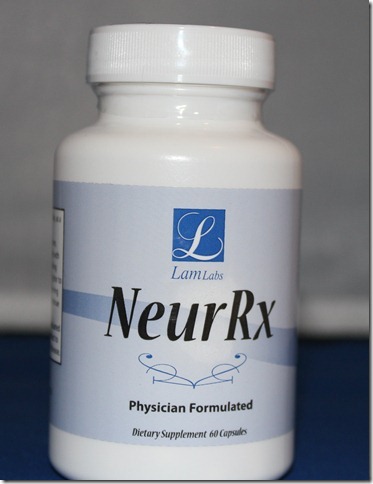Problems with Low Thiamine Levels in the Body
Thiamine or Vitamin B1 is needed in many cellular processes in the body. It is important in converting carbohydrates into energy. It is particularly important in proper muscle and nervous system functioning.
Several types of food contain thiamine, such as meat, grains, beans, and nuts. But because there is very little thiamine stored in the body, this vitamin can be depleted as fast as within 14 days.
Thiamine deficiency can be caused by poor diet and crash dieting. Chronic alcoholism will also put you at risk for deficits. There are also health conditions that can cause low thiamine levels such as liver dysfunction, kidney problems, and genetic problems in thiamine metabolism.
The initial symptoms of vitamin B1 deficiency are nonspecific, thus they are easy to miss. These include fatigue, poor digestion, irritability, mental depression, and loss of appetite. All of these symptoms can be attributed to other conditions and diseases. Later on, various signs and symptoms can be noted like weight loss, mental depression, nervous exhaustion, insomnia, and slow heartbeat.
Muscular weakness and leg cramps are other conditions associated with deficiency of thiamine. Lack of thiamine can lead to tingling, painful, or numb feet, legs, and hands, called peripheral neuropathy. Those who are at high risk of neuropathy or have a chronic medical condition should include lots of fruits, vegetables, and whole grains in the diet. It is very important to make sure that early diagnosis and treatment of peripheral neuropathy is done. Although there is no way to prevent all cases of neuropathy, adequate management of the underlying diseases or problems can help prevent it. The condition will improve once the cause is determined and managed correctly.
In the case of peripheral neuropathy due to deficiency of thiamine, the condition can be corrected. Nerve damage is common in people with thiamine and vitamin B12 deficiencies. Reversing thiamine deficiency is a well known and often highly successful way to nutritionally manage peripheral neuropathy. This is done easily with a neuropathy supplement with thiamine or vitamin B1, vitamin B12, and alpha lipoic acid such as NeuRx.
NeuRx is physician formulated and has been used in my practice for diabetic neuropathy as well as other polyneuropathies and post nerve surgery patients.
In
addition to the thiamine derivative listed above, NeurRx has B12, DHEA
and Alpha Lipoic Acid to strengthen the effects and the results have
been Wonderful.


